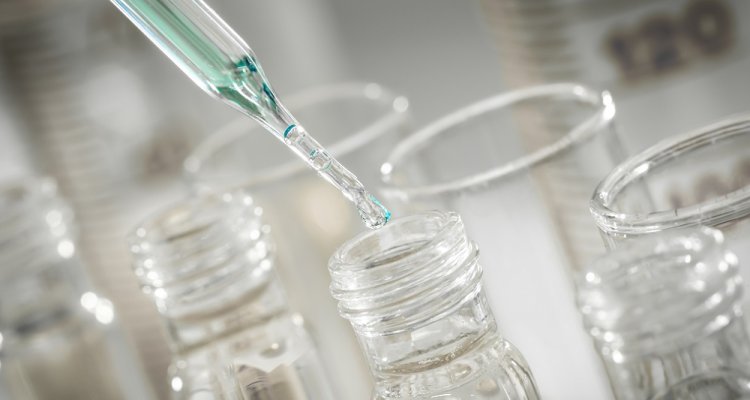
Project
Grip on Phenolics
With the protein transition becoming increasingly important, the demand for functional plant base proteins is expected to increase. During protein extraction from plant based resources such as leaves, oilseeds, and legumes, phenolics usually have a negative effect on the efficiency/purity, the colour, the taste, and the functionality. Phenolics could also contribute positively to the valorisation of a raw material. They may, for example, be interesting for the chemical industry. Therefore, it is very important to get a firmer ‘grip on phenolics’.
Motivation and approach
Phenolic components (also called phenols, polyphenols or phenolics) are a broad class of molecules that are present in most plant based raw materials. The role of phenols in plants is versatile and generally related to prevention of infection after damage, antioxidant capacity, deterrence of herbivores and UV screening. When plant material is processed into a protein fraction or isolate, the phenols generally have a negative effect on the product properties in the sense of colour changes, reduced solubility, astringent or bitter taste, reduced digestibility and a reduction of the functional properties. It is important to remove these components from the main product and several routes to do so have been developed (e.g. chromatographic steps, coagulants and clarifying chemicals). The phenols are discarded after they have been removed. New protein production processes based on plants demand net insight in the removal of the phenols. Besides, the phenols could potentially have a value since their role in plants could be exploited in several applications. This project seeks to determine the most effective steps to remove the phenols and in parallel aims to valorise the phenolics fraction.